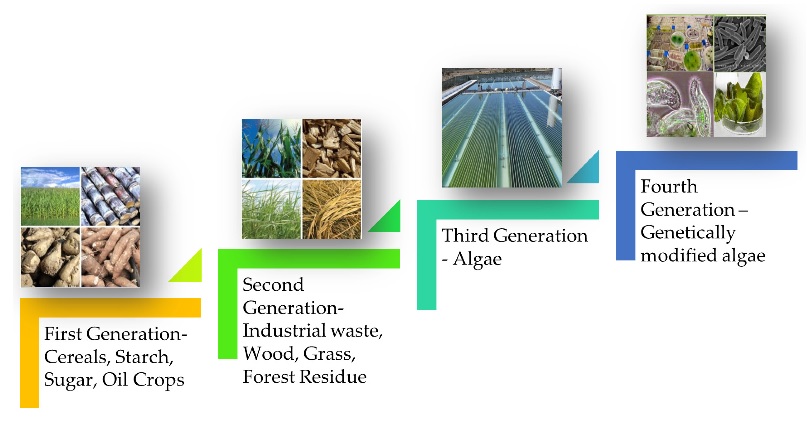900 319 0030
enquiry@shankarias.in
The Union Cabinet has advanced the target for achieving 20% ethanol blending in petrol by five years.

India depends on imports for meeting 85% of its oil needs.
Currently, about 10% of ethanol is blended in petrol.
References